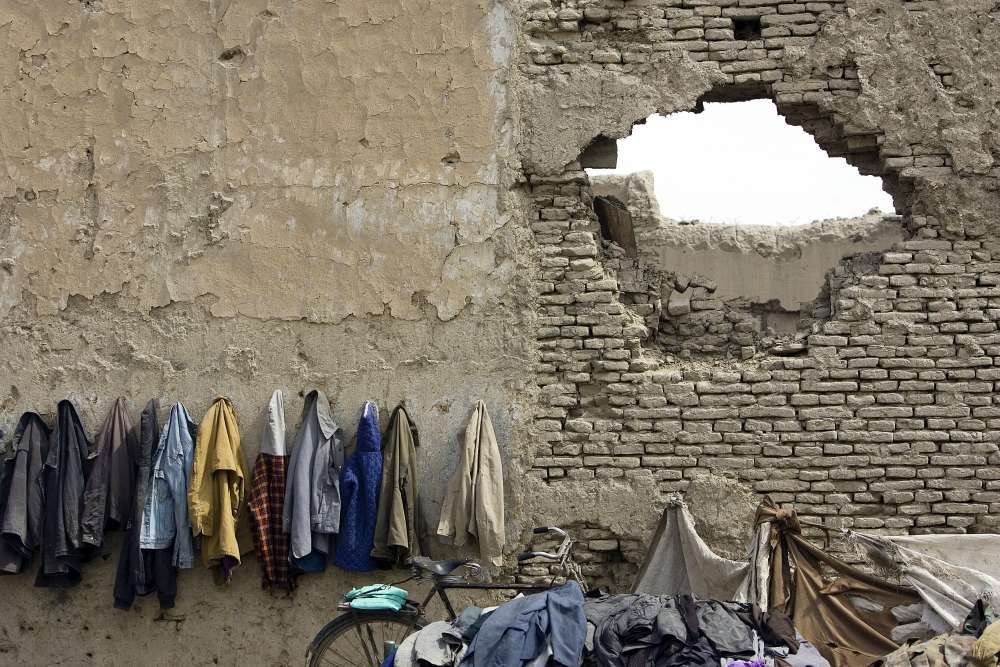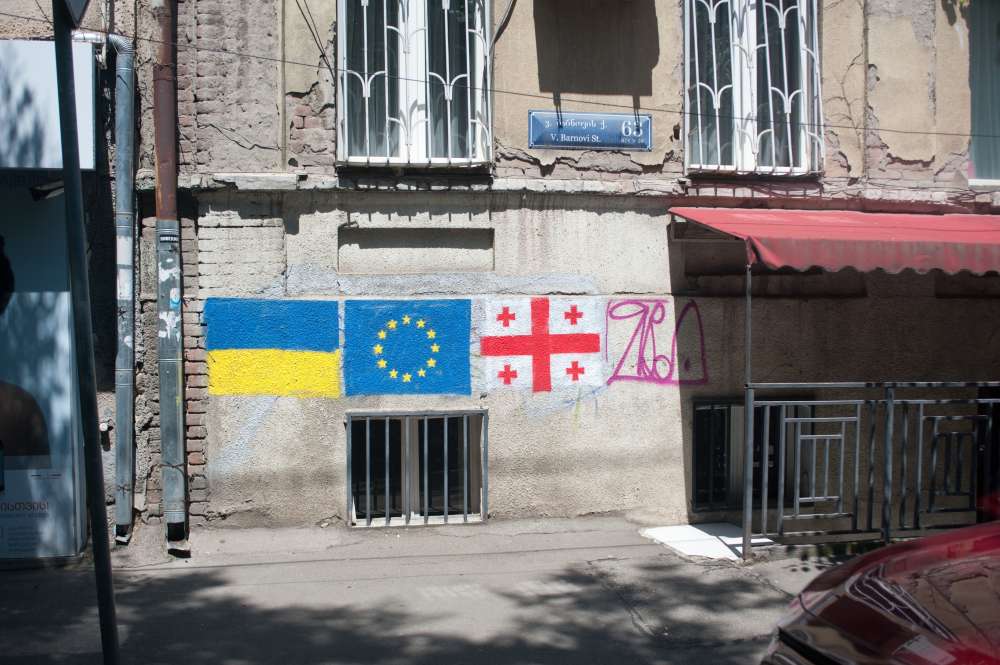Protection in Peril: Counterterrorism Discourse and International Engagement in Sri Lanka in 2009

Introduction
The final phase of the war in Sri Lanka is often framed in stark geopolitical terms. The Sri Lankan government defeated the rebel group Liberation Tigers of Tamil Eelam (LTTE) with a broad military offensive that resulted in a large number of civilian casualties, ending the 26-year civil war on the beaches of Mullaitivu in May 2009. The final weeks of the offensive were marred by vigorous criticism from the West and the Tamil diaspora of the Sri Lankan military’s indiscriminate shelling of the “no-fire zone,” where up to 300,000 civilians were held hostage by the LTTE. At the same time, China, Russia and the non-aligned movement pressed the United Nations Security Council to keep Sri Lanka off its official agenda and ensured a UN Human Rights Council majority that endorsed the government’s compliance with human rights. David Lewis, a former analyst at the International Crisis Group, portrays this outcome as “the beginning of a new international consensus about conflict management, in which sovereignty and non-interference norms are reasserted, backed not only by Russia and China but also by democratic states such as Brazil.” A comprehensive review of the Norwegian mediation in Sri Lanka similarly describes the failing peace process as “a test case for the ‘responsibility to protect’ agenda, with Eastern and Western powers taking different positions,” and as “part of a global story of declining Western leverage and the reassertion of state sovereignty.”
This is a misleading characterization. It neglects to consider both the diplomatic initiatives of the “global South” to bring Sri Lanka onto the Security Council’s formal agenda and to press the government for at least brief ceasefires, as well as the military, diplomatic and economic support from the West that falls under the umbrella of counterterrorism. This geopolitical narrative risks identifying the West with a cosmopolitan discourse on international cooperation and with the spread of “good” international human rights norms, while portraying non-Western states such as China, India and Russia as the origin of “bad” counterinsurgency practices. Rather, this article argues that the case of Sri Lanka illustrates the power of a counterterrorism discourse to undermine the international norms on protecting people from serious human rights violations, and the lack of an effective counter-narrative on the curtailment of human rights and international humanitarian law.
This article analyses the interaction between counterterrorism and norms of protection during the final five months of the war in Sri Lanka. It traces how the international community discussed possible actions in the name of protecting the Tamil population at risk in the northeast of Sri Lanka. It touches upon the dispute about reliable information from the ground and its interpretation, the normative framing in terms of an international “responsibility to protect,” the meaning of protection in civil wars, and military doctrines of counterinsurgency. Beyond the debate in 2009, this article will explore how the way in which the war ended impacted norms of protection. Sri Lanka’s military strategy has drawn attention and even inspired governments also fighting insurgencies and other armed groups to consider emulating it (e.g., Myanmar, Nigeria, Thailand and Turkey), but the more important impact is a diplomatic one. Sri Lanka’s discursive strategy could be perceived as a model by such governments, for it kept international pressure at bay for the greater part of the war and ensured an endorsement by the Human Rights Council right after the end of the war. The government’s rhetoric skilfully combined counterterrorism with protection and non-aligned references, which resulted in severely restricting the effectiveness of political pressure, particularly from European states, the United States and the UN.
Because the meaning of norms is constituted by their application in discourse and practice, which in turn create path dependencies in terms of arguments, references and actors’ positions, a deeper understanding of the international contestation of the norms of protection and counterterrorism is crucial. This study aims to provide this understanding, based on the analysis of primary documents, secondary sources and in-person and telephone interviews with diplomats, expert observers and UN officials in London, Delhi, Chennai, Colombo, Geneva and New York. It consists of two main parts: a close description and analysis of the international engagement in 2009, and an assessment of this debate’s impact on the norms of protection and of the potential for normative erosion through the perception of Sri Lanka’s military and discursive strategy as a “model” for other insurgency situations.
The full article is available from Global Society.







